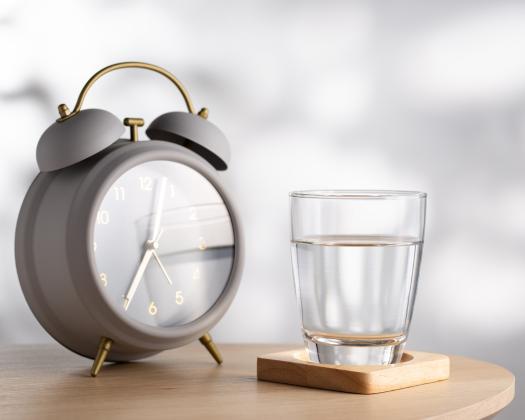Debunking the 8-Glasses Myth: How Much Water Do You Really Need Daily?
Introduction:
The age-old advice of drinking eight glasses of water a day has been ingrained in our minds as a universal health rule. However, recent studies and expert opinions challenge this one-size-fits-all approach, suggesting that individual hydration needs vary. In this article, we delve into the science behind hydration and debunk the myth of the "8-glasses a day" rule, exploring how much water you actually need for optimal health.
Body:
Individual Variability:
Hydration needs are not uniform across individuals. Factors such as age, weight, physical activity, climate, and overall health play a crucial role in determining how much water a person requires.
The "8x8 rule" (eight 8-ounce glasses of water a day) doesn't consider these individual differences, potentially leading to overhydration for some and dehydration for others.
The Role of Physical Activity:
Active individuals require more water to compensate for fluid loss through sweat during exercise. Athletes, in particular, need to tailor their water intake to their activity levels.
A sedentary person may not need as much water as someone engaging in rigorous physical activity. Customizing water intake based on lifestyle is key to maintaining optimal hydration.
Climate and Environmental Factors:
The climate of your location affects how much water your body loses through perspiration. Hot and dry climates, as well as high altitudes, increase the need for hydration.
People residing in humid or cooler environments may not require as much water intake to stay adequately hydrated.
Thirst as a Reliable Indicator:
The human body is equipped with a sophisticated mechanism to regulate water balance – thirst. Relying on your body's signals and drinking when thirsty is a more intuitive approach to hydration.
Overhydrating without considering natural thirst cues can lead to a condition called hyponatremia, where the balance of electrolytes in the body is disrupted.
Water from Food and Other Beverages:
Water isn't solely derived from drinking plain water. Fruits, vegetables, and other beverages contribute significantly to overall hydration.
Consuming a variety of water-rich foods and beverages adds to your daily water intake, reducing the pressure to meet a specific numeric goal.
Conclusion:
In conclusion, the notion that everyone needs to drink eight glasses of water a day is a simplified guideline that overlooks the complexity of individual hydration needs. Customizing water intake based on factors like physical activity, climate, and overall health is crucial for maintaining optimal hydration levels. Rather than adhering strictly to a predefined quantity, it's essential to listen to your body's signals, especially thirst, and adopt a more nuanced approach to hydration. By understanding the factors influencing your personal hydration needs, you can establish a well-balanced routine that promotes overall health and well-being. Remember, hydration is a personalized journey, and there is no one-size-fits-all solution.









